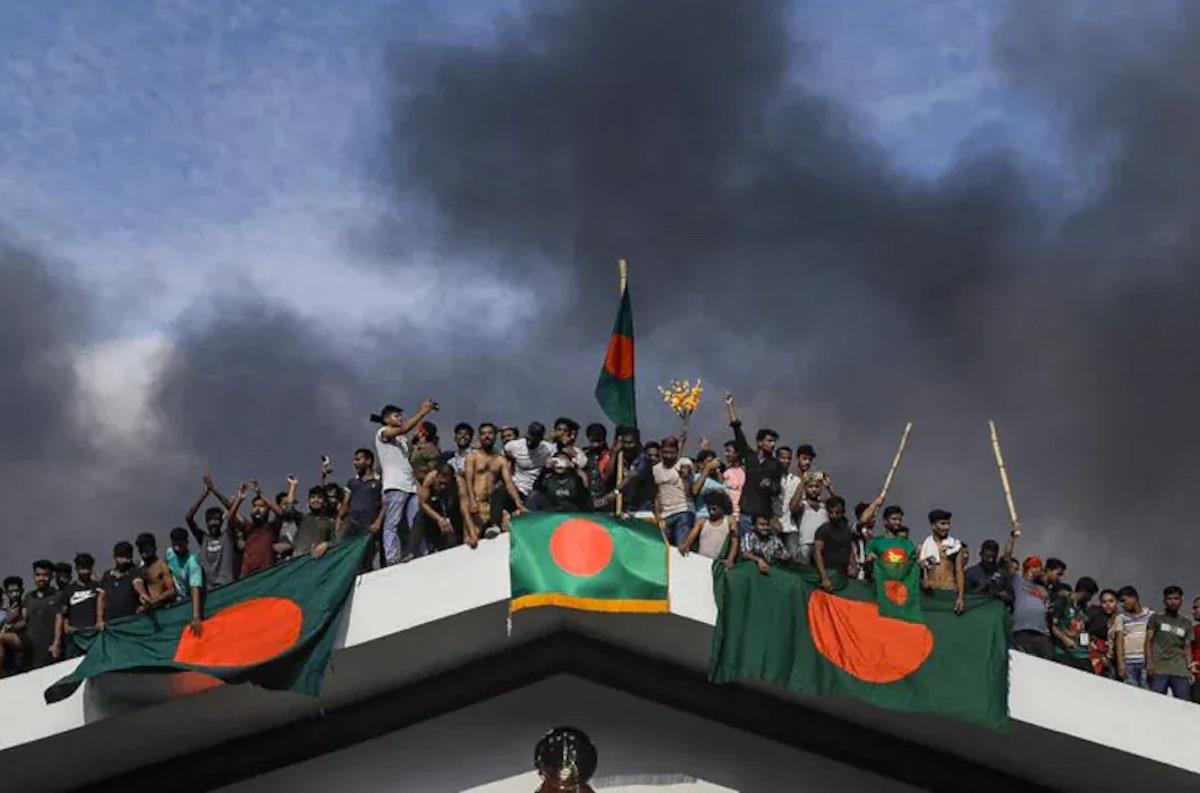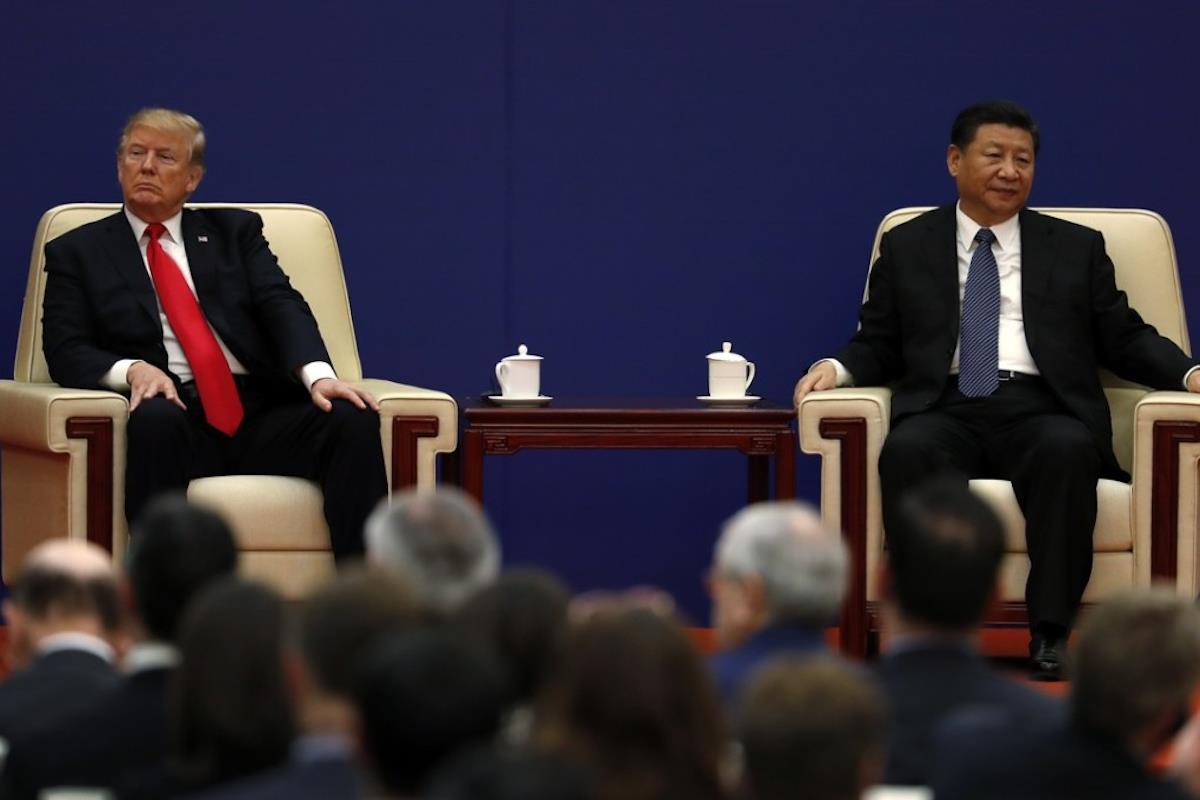
South Korea's Constitutional Court Should Uphold Yoon's Impeachment
The reasoning for dismissing Han's impeachment shows parallels to the dismissal of former President Roh Moo-hyun's impeachment in 2004. In both cases, the Constitutional Court acknowledged the violation of the law by the accused but found that the violations were not serious enough to justify presidential removal.
In Roh's impeachment case in 2004, the court recognized that the then-president had violated the election law through breach of his duty of electoral neutrality. However, it concluded that this violation was not severe enough to warrant impeachment and dismissal.
These cases demonstrate that a key legal issue in impeachment trials is determining whether the act in question violates the Constitution and laws – and, if so, whether the severity of the violation justifies impeachment.
So, what constitutional issues are involved in Yoon's impeachment trial? Some have expressed concerns that, as in Han's case and Roh's cases, Yoon's impeachment could be dismissed.
However, the issues surrounding Yoon's impeachment are fundamentally different from the previous cases. The most important distinction is the gravity of the issue. The declaration of martial law goes beyond mere legal violations. It is a direct abuse of presidential powers and a violation of the people's fundamental rights, posing a severe threat to democratic governance.
This is far more serious than the issues surrounding President Roh's impeachment and carries a clear constitutional violation, making it sufficient grounds for impeachment.
Martial law declarationThe martial law declaration of December 3, 2024, clearly violates constitutional requirements both procedurally and substantively. This violation is not merely a breach of law but a significant unconstitutional act that threatens the Constitution and the democratic order, and it justifies the removal of the president.
The government argues that the martial law declaration was an unavoidable measure to counteract the legislative dictatorship of the Democratic Party, the opposition in South Korea. However, this claim lacks substantial grounding and fails to meet the criteria set forth in Article 77 of the Constitution in South Korea. The justification for martial law must be evaluated based on two criteria:
- Procedural legality: This criterion evaluates whether the martial law declaration meets constitutional and legal requirements. In other words, it examines whether certain conditions (outlined in Article 77 of the Constitution and in relevant laws) – such as the existence of a national emergency that threatens the survival of the nation, akin to wartime conditions or an emergency – are met. However, President Yoon's claim of an“opposition-led legislative dictatorship” does not meet the constitutional requirement of a national emergency. The situation presented does not approach the extreme conditions that threaten the nation's survival.
- Substantive necessity: This criterion assesses whether the martial law declaration was an unavoidable measure to preserve the democratic order. It questions whether the political order was at risk of collapse to the extent that the problem could not be remedied by existing legal or administrative means. Martial law cannot be justified simply by political disagreements or opposition to government checks. Article 77 of the Constitution specifies that military intervention is a last resort to restore order. However, President Yoon's declaring martial law to address opposition political activities is merely a political maneuver. In a democracy, political disputes should be resolved through the legislature and judiciary, not through military intervention. If military action is employed for political purposes, it violates the principle of political neutrality outlined in Article 5 of the Constitution.

Legal Disclaimer:
MENAFN provides the information “as is” without warranty of any kind. We do not accept any responsibility or liability for the accuracy, content, images, videos, licenses, completeness, legality, or reliability of the information contained in this article. If you have any complaints or copyright issues related to this article, kindly contact the provider above.

























Comments
No comment